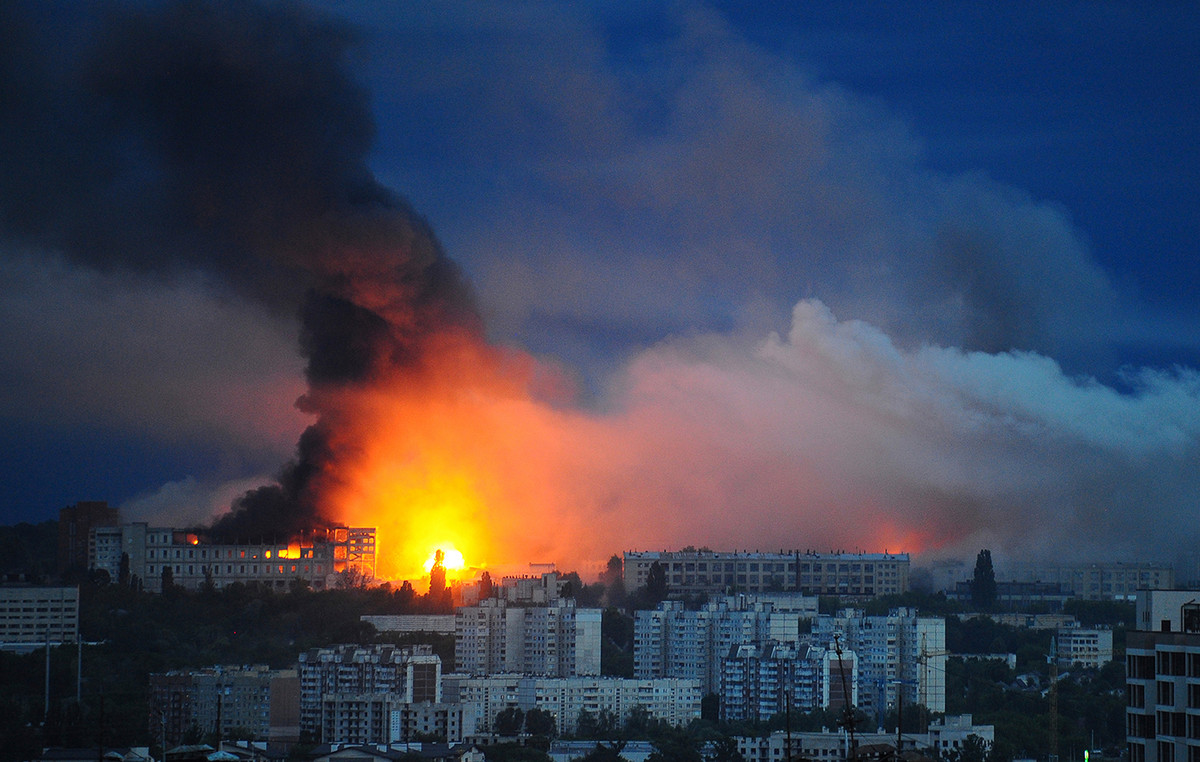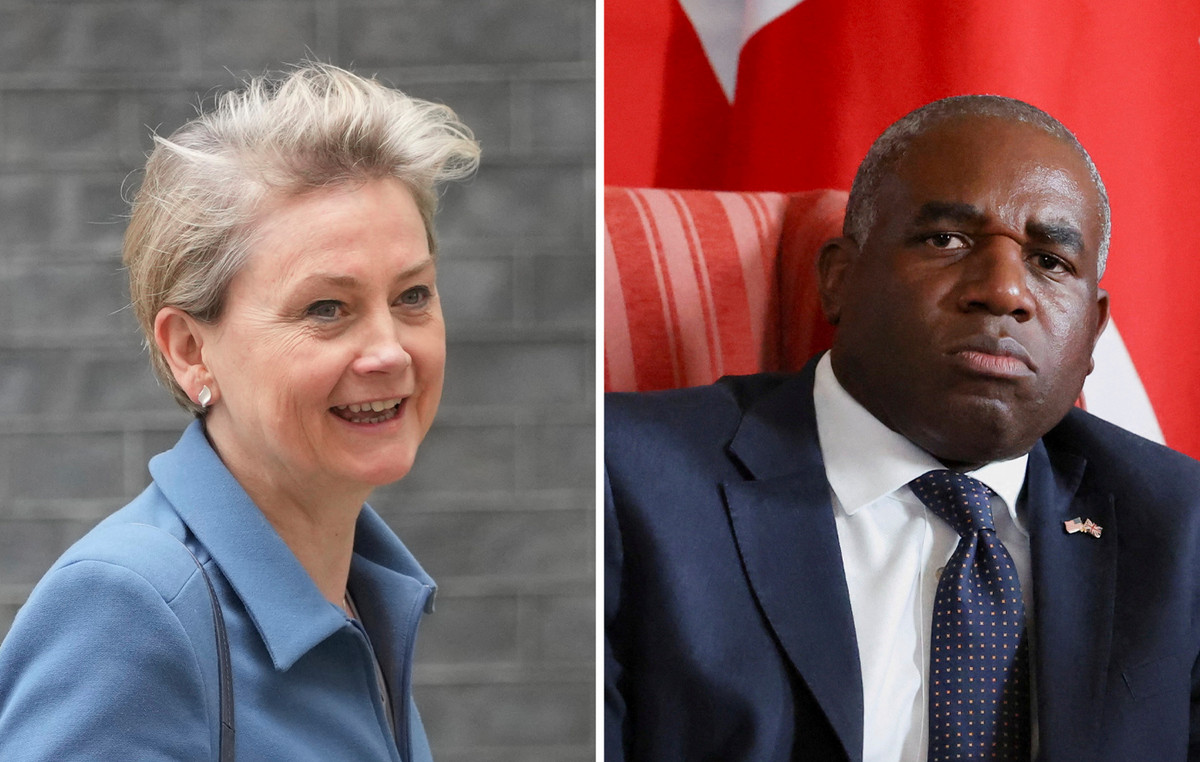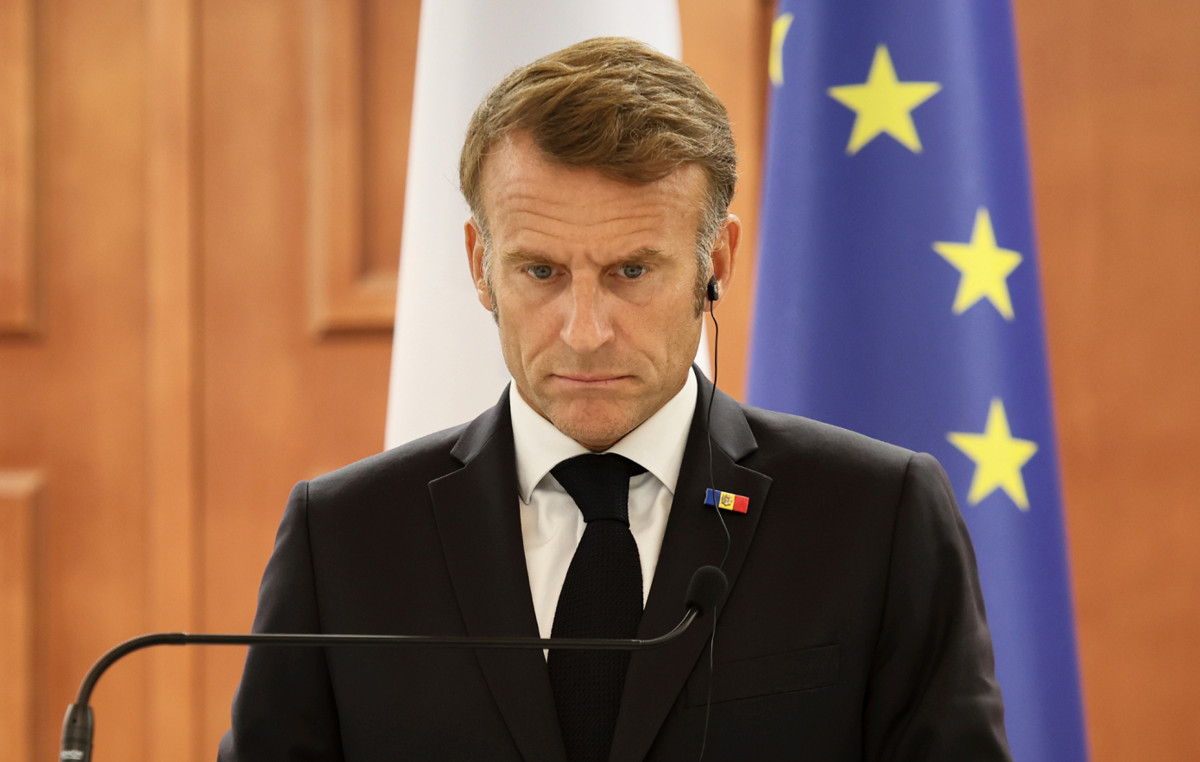Argentina holds, this Sunday (14), the intermediate general elections. Argentines must elect candidates to renew 127 of the 257 seats in the Chamber of Deputies and 24 of the 54 senator seats.
This year, the electoral roll registers 34,332,992 people eligible to vote, according to the country’s Ministry of Interior.
Previously, on September 12, the Simultaneous and Mandatory Open Primaries (PASO) were held, the first stage of the election, in which each party presented different candidates for the positions.
In this step, citizens defined the candidates elected for the general elections, which is the second phase of the process.
The National Directorate of Elections set the original budget for the 2021 disputes equivalent to approximately US$172 million (approximately R$938 million), for the organization of primary and national elections.
However, with the postponement caused by the pandemic and with a differentiated organization to implement protocols to avoid contagion by Covid-19, the national Executive increased the budget, which reached approximately US$ 184 million (approximately R$ 1 billion) .
Impacts
The PASOs had an adverse outcome for the “Front of All” governing coalition, defeated in most provinces. If the results of the primaries were repeated, it would be the first time in Argentina, since the return to democracy in 1983, that the peronism would lose a majority in the Senate.
Eight provinces elect 24 senators in these elections. Two for the majority and one for the minority in each district. The Frente de Todos puts into play 15 of the 41 seats it has, and “Together for Change”, in front of the opposition, 9 of the 25 it holds.
In the primaries, the currently ruling party had fewer votes than the opposition in six of those provinces. Therefore, if the result is repeated, the Frente de Todos bloc will have reduced from 41 to 35 senators as of December, two fewer than necessary to dominate the Chamber and pass laws without the need for negotiation with the opposition.
In any case, even if the results are confirmed, President Alberto Fernández would be in better shape than Mauricio Macri after the 2017 elections. Fernández would have 11 more senators and 9 deputies than former president Macri at the time.
The main opposition coalition, Together for Change, launched a campaign to try to break the historic Peronist hold of the Upper Chamber.
On the other hand, the Chamber of Deputies renews 127 of its 257 seats in these elections. Unlike senators, who represent the provinces, deputies represent the Argentine people. They serve four-year terms and are elected through a system of proportional representation in the 24 districts into which the country is divided.
The Chamber is currently chaired by Sergio Massa, an ally of the ruling party, which has 120 seats. In other words, there are 9 votes left for the party to have its own quorum. In these elections, the Frente de Todos renews 51 seats. Meanwhile, Together for Change, with 115 seats, renews 60.
The power relationship between rulers and opponents resulting from these elections will be crucial to the current government’s power of action.
With information from Iván Pérez Sarmenti, Nacho Girón and Betiana Fernández Martino
Reference: CNN Brasil
I’m James Harper, a highly experienced and accomplished news writer for World Stock Market. I have been writing in the Politics section of the website for over five years, providing readers with up-to-date and insightful information about current events in politics. My work is widely read and respected by many industry professionals as well as laymen.







